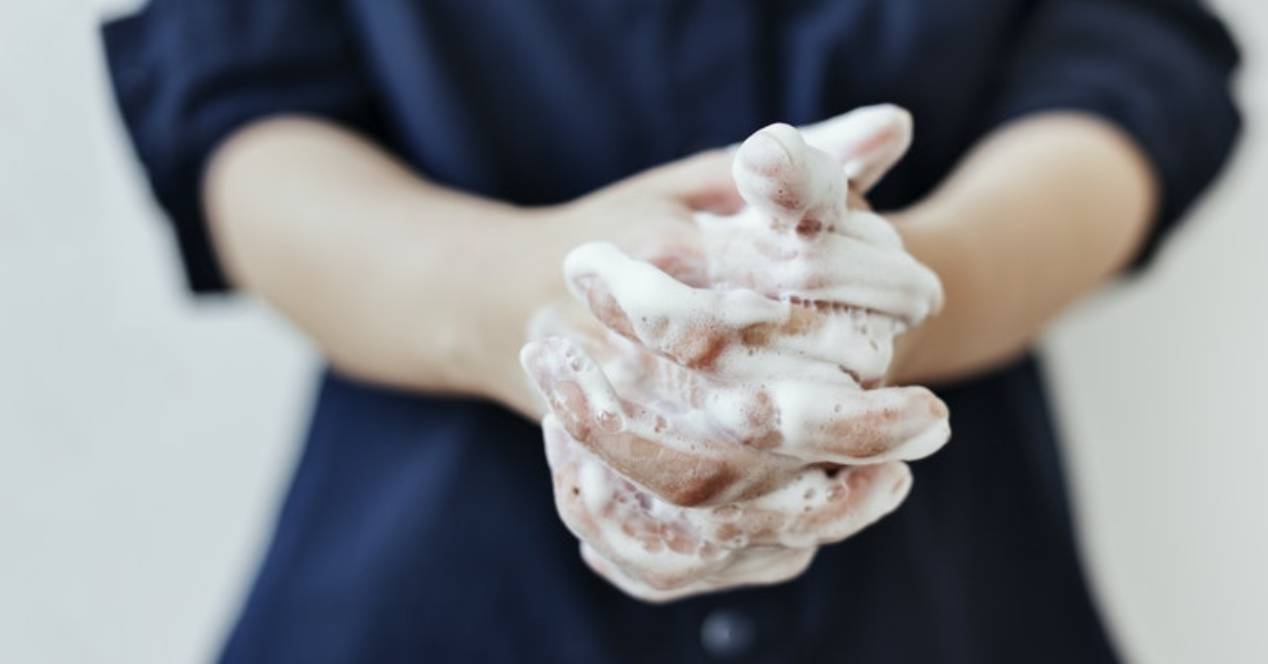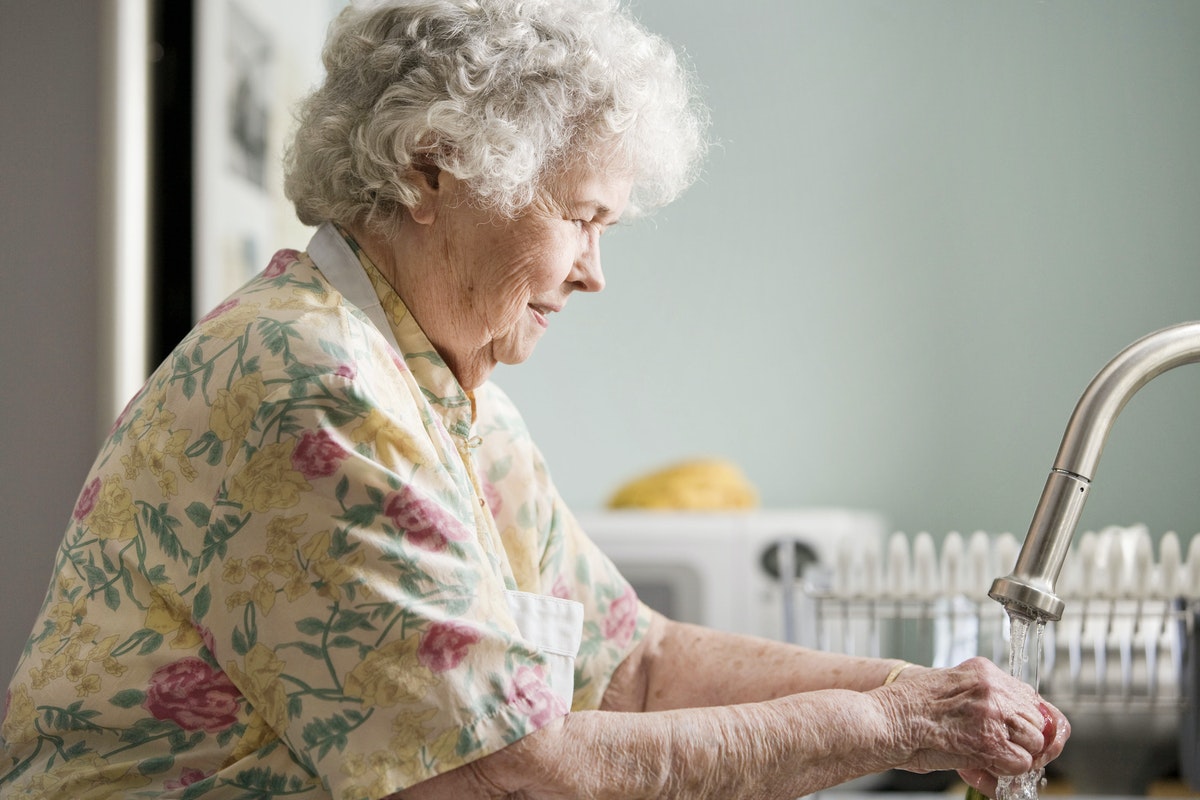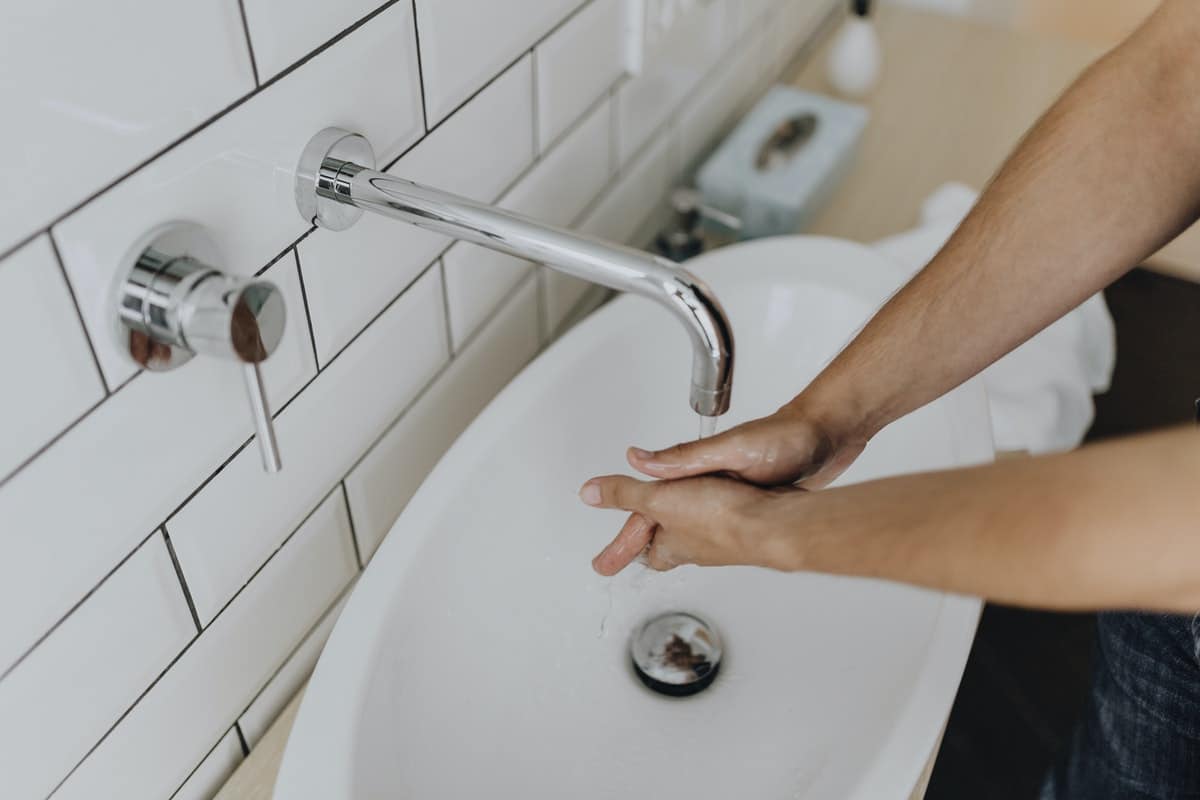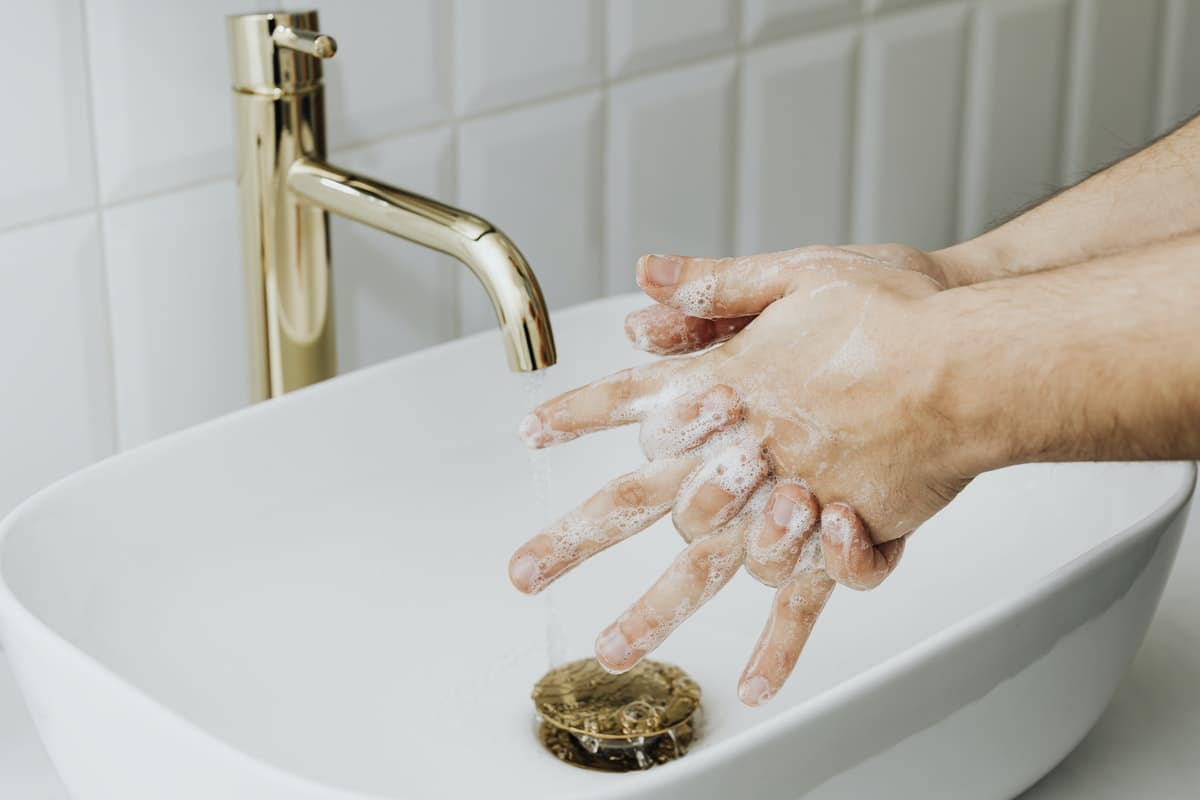
It is a lesson that has been instilled in our brains since we learned to go to the bathroom: «Always wash your hands after going to the bathroom«. But a YouGov survey from January of this year found that 42 percent of people don't lather up consistently after going to the bathroom at home.
You are probably wondering how much harm not washing your hands can do, since the kitchen has more germs than the bathroom, right? Well, hang on to your pants because you're about to learn the dirty truth.
Could you get sick if you don't wash your hands after using the bathroom?
If you are sitting on the throne at home, the answer is probably no. Even if you were carrying a pathogen in your feces, urinary tract, or genital skin that was transferred to your hands while using the bathroom, you should still be safe.
You won't get infected because you already have that organism in your system. An exception is the staphylococcus aureus, that some people carry in their intestines. Theoretically, you could contaminate your hands with staph while using the bathroom. If the bacteria gets into an open cut or wound, then you could get a staph infection. But that is quite unlikely.
Using a public restroom is a different story. A bathroom is a harbinger of organisms, as there are many people going in and out, and not all of them wash their hands. It is also a high touch area. You are touching the doorknob to get in and out, open and close the latch, maybe lower the toilet bowl and push the button. So if you do a squat and then don't lather up, you could be picking up all kinds of germs.
That includes the new coronaviruses, that can remain on bathroom surfaces that an infected person has touched, coughed on, or sneezed on (if they were not wearing a mask). The Centers for Disease Control and Prevention (CDC) reports that the coronavirus can remain on surfaces for days, while other types of pathogens can remain for weeks.
Also, COVID-19 can be in the intestines and can be spread through fecal matter.
When a toilet is flushed, the churning, bubbling water causes fecal matter to spray, creating particles that will float in the air. Toilet water particles can spray up to 4 meters, and some of the aerosolized feces land on bathroom surfaces that you can then touch with your bare hands.
The biggest health risk of not washing your hands isn't the germs in your urine and poop, but the pathogens you've picked up from everything you've touched along the way, whether at home or on the go.
There are two situations where scrubbing is absolutely necessary to protect yourself from contamination. First, you have to wash your hands before eating, drinking or preparing food. You should also wash them before touching your face; your eyes, ears, nose, and mouth are the entryways into your body.

Could you make other people sick by not washing after going to the bathroom?
Maybe, maybe not. You can literally eat human feces with a spoon without any ill effects as long as there are no pathogens in the contents. However, pathogen free cannot be guaranteed.
Basically, if you don't have harmful viruses or bacteria in your system, you won't spread the infection to others. But there's no way to know for sure what germs you may be harboring.
What if you have disease-causing microorganisms in your intestines or genital area, and some were transferred to your hands while you were in the bathroom? You could then pass them to another person through surfaces that you then touch. For the protection of others, you should wash your hands after using the bathroom.
Even if you're home alone, remember that germs can linger for weeks, putting future visitors at risk. Not washing your hands at home will probably have very little effect on you, but could have a big effect on others.
That being said, exposure alone does not mean disease is inevitable. If an individual touches a contaminated surface, her body may be able to fight infection.
There is an oscillating relationship between man and microbe as to whether he will get sick when exposed to a pathogen. The normal flora in your intestines is very powerful, competing with whatever organism you have ingested and can prevent it from taking hold.
Another factor that determines whether or not someone will get sick is what type of pathogen they come into contact with. Some organisms are more virulent than others. For example, it takes 10.000 cells of salmonela to initiate an infection, whereas only 100 cells of shigella to contract a disease.
By not washing your hands, you are choosing not to protect others. And if we don't take care of ourselves, we will have lost a part of our humanity.
The health of the person also influences. Some people have stronger immune systems than others and are better equipped to fight off infection. Older people and immunocompromised people are more vulnerable.
If someone has a high enough bacterial or viral load to become infected, they can experience anything from mild stomach problems to severe illness, depending on the type of contaminant, the volume of cells they ingested, and their current health.
El norovirus could cause diarrhea and vomiting. Salmonella and shigella can cause systemic and intestinal infections, some of which can be serious, especially in the elderly and immunocompromised.

Is not washing after pooping worse than after peeing?
One is not worse than another. Obviously, your feces can contain worrisome organisms like salmonella, shigella, campylobacter, norovirus, and pathogenic strains of E. coli. But urine is no better.
There may be STDs like gonorrhea y syphilis in the contents of the genital urinary tract. There are also skin pathogens in the genital area such as candida y staph.
How to wash your hands correctly?
We all probably know by now that it's important to scrub with soap and water for at least 20 seconds. Still, even those who practice good hygiene are often not thorough enough.
- wash your whole hand. Pay special attention to the fingertips, the webs between the fingers, all sides of the thumbs, and the back of the hands. These are the areas that are most commonly overlooked, according to an August 2019 study in the Journal of Environmental and Public Health.
- Clean under the nails. Here, particularly high concentrations of microbes can be found under the nails, so clean well there too. You can do this by lathering your hands and then scratching your nails against the opposite palm.
- Dry your hands with a paper towel. LGerms are more easily transmitted from wet hands. Although there is some conflicting evidence on whether hand dryers or paper towels are more hygienic. It is recommended that you bring your own paper when using a public restroom, just in case.
- Hang on to the paper towel after rinsing. Touching a dirty doorknob nullifies your washing, so use your paper to turn off the faucet and open the bathroom door before you leave.

Is it really dangerous not to wash your hands?
It is a serious problem. Addressing handwashing is more pertinent than ever in the time of COVID, but it is also important to prevent the small-scale spread of infections, such as colds.
Not washing your hands in a public restroom puts your health at risk. Sometimes we are our worst enemy. A pandemic is the time to improve our hygiene.
And when it comes to potentially contaminating another person, not washing yourself is disrespectful. You are choosing not to protect others. And if we don't take care of each other, then we have lost a part of our humanity.
In your opinion, it is about more than cleaning; our behavior in the bathroom reflects a spirit of compassion and benevolence for our community. The integrity of our society is affected by how we handle our personal hygiene. If we don't respect each other by washing our hands then as a society we fail, all hell breaks loose and every man for himself.